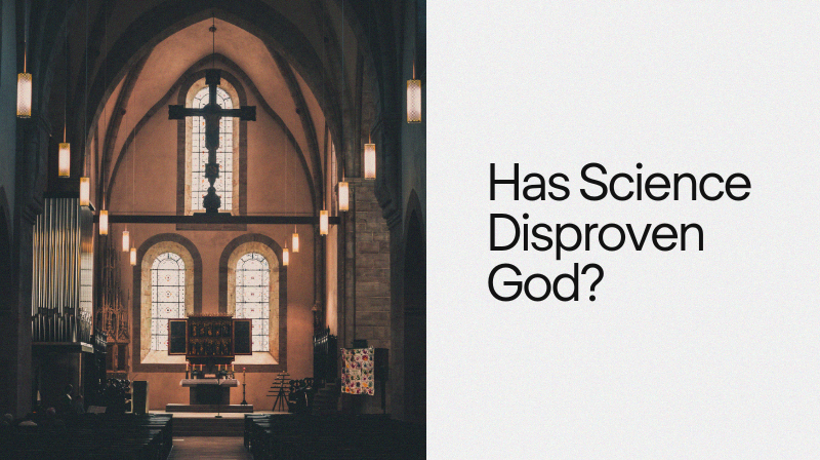Part Two - Has science disproven God? A Brief History of Modern Science: Beginnings
The Rise of Modern Science
In spite of the popular anti-theological sentiment among scientists, even secular historians recognize the pivotal role that the Christian worldview played in the rise of modern science. To give just a few examples among many of Bible-believing scientists who founded (not merely excelled in) various scientific disciplines, I could list Louis Pasteur, Isaac Newton, Johannes Kepler, Michael Faraday, Lord Kelvin, and Gregor Mendel. I should add that it was not as if their Christian faith was unrelated to their scientific exploration, but was central to their scientific understanding. Science is essentially a search for causes of various effects. The scientist investigates the cause of any given effect in nature to give the best explanation. It could be easy to take for granted that this cause and effect relationship is just the way the world works, but why does it work that way? The answer from a Christian perspective is that a rational God created an ordered universe. The universe works and everything within it obeys the laws of nature, because it is the creation of an intelligent God. As astronomer Johannes Kepler put it, “I was merely thinking God’s thoughts after Him.” According to this perspective, not only is belief in God not a hindrance to science, it is central to understanding the true nature of the universe. As the Apostle Paul puts it in Romans 1:19-20,
“For what can be known about God is plain to them, because God has shown it to them. For his invisible attributes, namely, his eternal power and divine nature, have been clearly perceived, ever since the creation of the world, in the things that have been made.”
The Big Bang
When Christians hear the phrase, “the Big Bang”, they will likely think that this is an atheistic theory, but in actuality, it fits much better with belief in God. For centuries, atheists insisted that the universe was eternal, while Christians (in line with Genesis 1:1) insisted that the universe had a beginning. In the early 20th century, Albert Einstein began to see that his equations pointed towards a cosmic beginning, or Big Bang, as his general theory of relativity connected space, time, energy, and matter. Initially, he changed his equations to negate this (preferring the universe to be eternal), but after looking through Edwin Hubble’s telescope at the light from distant galaxies, he could no longer deny the evidence for a cosmic beginning. Two further scientists who also would have preferred the universe to be eternal were Robert Wilson and Arno Penzias. However, in 1965, they detected a low frequency radiation coming from all directions, which they eventually determined to be residual radiation from the Big Bang. Putting these lines of evidence together, it seems that the Christians were right all along that the universe had a beginning.
So, why does this fit better if there is a God than if there is not? Well, if the universe came into existence in the Big Bang (the effect), science dictates that there should be a reason why it came into existence (the cause). For the atheist, who believes there is nothing outside the physical universe, there is nothing to cause the universe, but for the Christian, conveniently enough, there is God. It is at this point that a skeptic might claim that this is one of those “God-of-the-gaps” explanations. After all, if science were to be given more time, surely it could come up with a naturalistic cause, could it not? Well, to turn the tables, suggesting that some naturalistic solution will someday be found could be open to a charge of “atheism-of-the-gaps”. In the case of God, though, it is not the gaps in our knowledge that lead us to propose that He is the cause, but rather, it is what we do know. Based on the evidence for the Big Bang, the cause of the universe is timeless, spaceless, immaterial, supremely powerful, supremely intelligent, and personal. All these attributes are perfectly consistent with God as He is described in the Bible. This evidence is so compelling, it was a prominent reason that philosopher Antony Flew, after 5 decades of atheism, changed his position to believe in God, as recorded in his book There Is a God. Many other atheists maintain confidence in their skepticism, but it is not for a lack of evidence. Further evidence will be provided in Part 3, where I will discuss the design of the universe.





